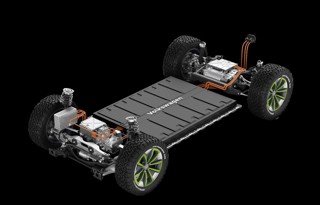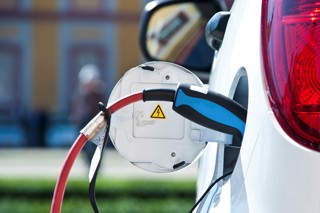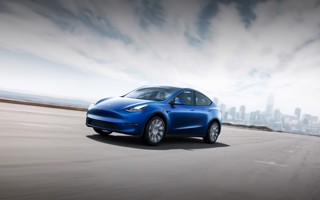One third of councils that responded to an electric vehicle (EV) infrastructure survey say that they have no plans to increase the number of charge points.
A Freedom of Information (FOI) request lodged by the Liberal Democrats revealed that of the 301 local councils that responded, 107 do not have a plan to increase the number of charging points, 122 have a formal plan, but only an additional 62 have taken steps to increase the number of EV charging points without a formal plan.
Liberal Democrat climate change spokesperson Wera Hobhouse warned local councils have been “hamstrung by Conservative Government cuts” and said it was time ministers took "urgent action".
“There is no doubt these councils are being hamstrung by Conservative Government cuts, crippling their ability to tackle this climate change emergency,” said Hobhouse. “For the benefit of current and future generations, these cuts must be reversed.
“Ministers must take urgent action. Unless we transition away from petrol and diesel cars the price we have to pay in the future is far higher than the price of electric charging points."
Liberal Democrat transport spokesperson Jenny Randerson added: “Given electric and low emissions vehicles are key to tackling climate change, it is deeply concerning that almost one hundred local authorities across the country have no plans to increase the number of charging points."
The Liberal Democrat research comes as a separate study from Pixie Energy, a subsidiary of Cornwall Insight Group, reveals a general absence of clear, direct policy for encouraging fleets to adopt EVs.
Its report - Arming the Fleet – accelerating businesses scale adoption of EVs – says that fleets are not being considered adequately in the current EV debate, while there is also a gap that needs to be bridged between the fleet industry and the power sector to build mutual understanding of key objectives and opportunities for collaboration. These challenges will need to be overcome before this vital sector of the transport industry adopts EVs on a larger scale, it says.
To combat these challenges, and to be able to benefit from the opportunities fleet electrification presents, the report recommends:
- Driving cross-sector engagement through the creation of a forum
- Taking simple, no regrets, but effective policy action now
- Building innovation bridges
Tom Lusher, an analyst at Pixie Energy, said: “The momentum for electrifying road transport is growing with Battery Electric Vehicles expected to dominate as we head towards 2040. Early electrification of the fleet network could accelerate the achievement of the government’s objectives.
“However, the EV policy debate thus far has paid inadequate attention to the interest of the fleet industry, with a lack of a clear policy and direction directly related to how fleets are going to be electrified. This is hindering fleet managers achieving large-scale BEV adoption. This is further exacerbated by the understandable but limited engagement between the fleet industry and the power sector.
“For the fleet industry to be able to roll-out EVs effectively there needs to be greater engagement between all stakeholders across the power sector and fleet managers. By allowing a broader conversation around EVs that spans the two industries, they will be able to identify the challenges facing fleet electrification and cooperate on innovations designed to combat them.”
Lush says that the opportunities for “positive impacts” on both sectors are “significant”.
“There is excellent potential for fleets to capitalise on EVs and the supporting infrastructural and regulatory and policy architecture being built around them,” he continued. “There are strong possibilities for fleet managers to derive financial benefits to their organisation, as well as benefits to the power system. However, to do this, fleet managers need to know about the relevant developments first.
"There is an opportunity for fleets to move electric vehicles from an innovative niche to a serious business proposition and realise significant environmental and financial benefits. If properly supported, fleets could lead the way on EV rollout but to be able to do this, there needs to be a fundamental shift in the thinking of all parties involved.”
Pixie Energy is an advisory and services company that develops and implements local energy market ideas and initiatives.
























Login to comment
Comments
No comments have been made yet.